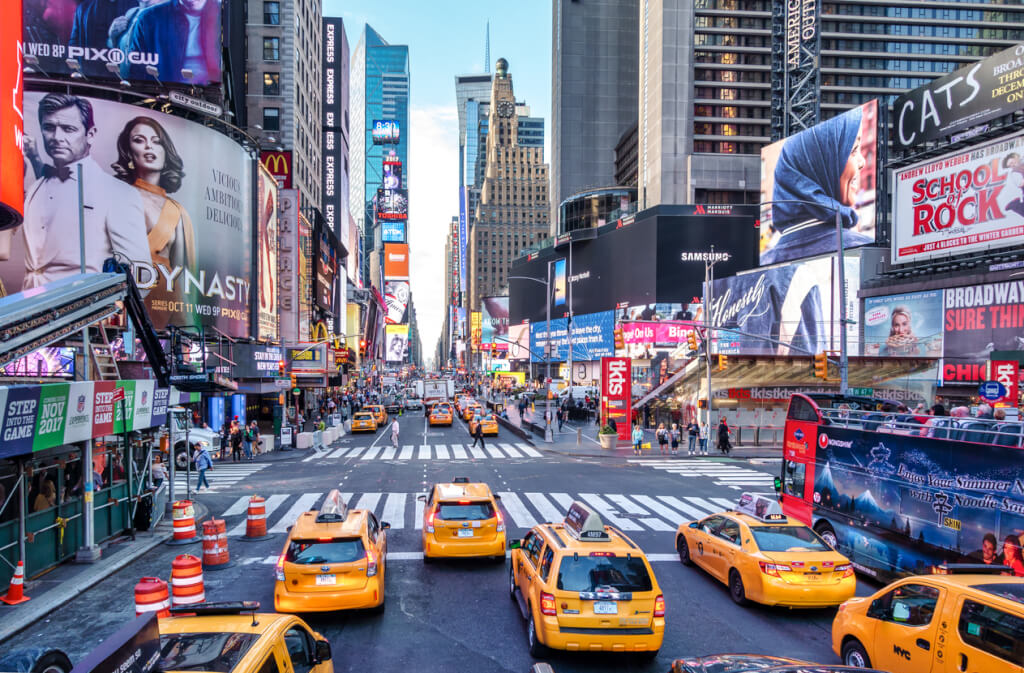Marketing Secrets: Here's why supermarkets don't have windows
'11.02.2022'
Nurgul Sultanova-Chetin
Grocery stores have a few tricks up their sleeves, says Reader's Digest. Have you ever noticed that supermarkets often don't have windows, and if they do, it's only at the front of the store?
You may not pay much attention to the architectural features of the building where you shop for groceries, because you are here to shop, not admire the layout! But the fact of the matter is that if grocery stores there were shop windows, it would be easier to distract from the main task. Grocery stores have all sorts of tricks to make you shop longer. Let's find out how the lack of windows affects the game.
Why we rarely see window displays in grocery stores
It is no coincidence that grocery stores often lack windows, there are several reasons for this. One of them is, of course, an attempt to keep people inside longer. “[They] want to create a separate environment in their store where the outside world does not exist,” explains Andrei Vasilescu, a shopping expert who studies shopping behavior and psychology.
“You are not distracted by the rain, or by the sun, or by what your children waiting in the parking lot. All your attention is focused on shopping”, Vasilescu clarifies. This method prevents shoppers from, say, noticing that it is getting dark outside. It really does make for an "exciting" shopping experience, fortunately or unfortunately.
On the subject: Source of iron and protein or cancer risk: is it harmful to eat red meat
The lack of daylight in grocery stores, among other things, helps preserve food, as some of it can spoil faster in direct sunlight. Excessive exposure to the sun causes the labels on the packages to fade. Also, having windows in their stores will reduce the space available for displaying products.
“Exterior walls have strong structural supports and can support heavier items on the shelves of these walls,” says Margin Biswas, an architect at ARCHIPHY who specializes in retail design.
Not to mention, "windows and storefronts are expensive, and retailers want to minimize construction costs." In addition, windows can present security problems. After all, “retailers want to minimize as many entry points into their space as possible.”
Some grocery stores are bucking this trend.
In Germany, some Aldi stores have tested stores with more natural light, whether through windows or a glass dome in the ceiling. Success has been mixed, with some gingerbread in one store melting quickly in sunlight.
They needed to replace the glass with specially designed panels that help reduce exposure to heat and UV radiation. This method is not yet widely adopted, but perhaps it should be.
A 2002 National Renewable Energy Laboratory study assessed the effect of natural light on shoppers and found that shoppers feel much more comfortable when there is more natural light around.
However, it is worth noting that this study assessed natural light in all retail spaces, not just grocery stores. The challenges of adding more natural light to grocery stores remain.







